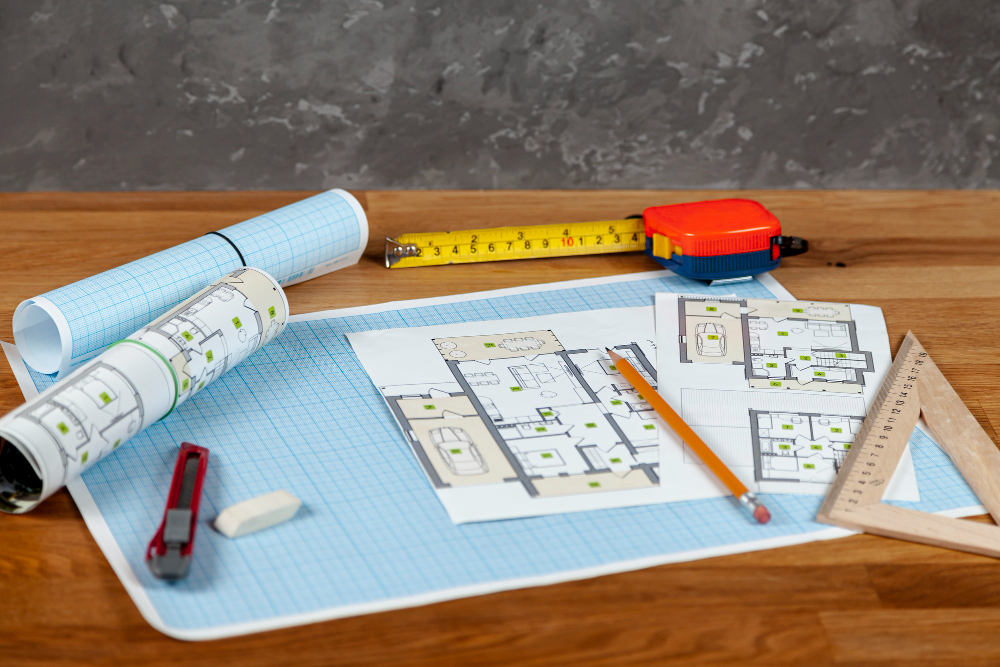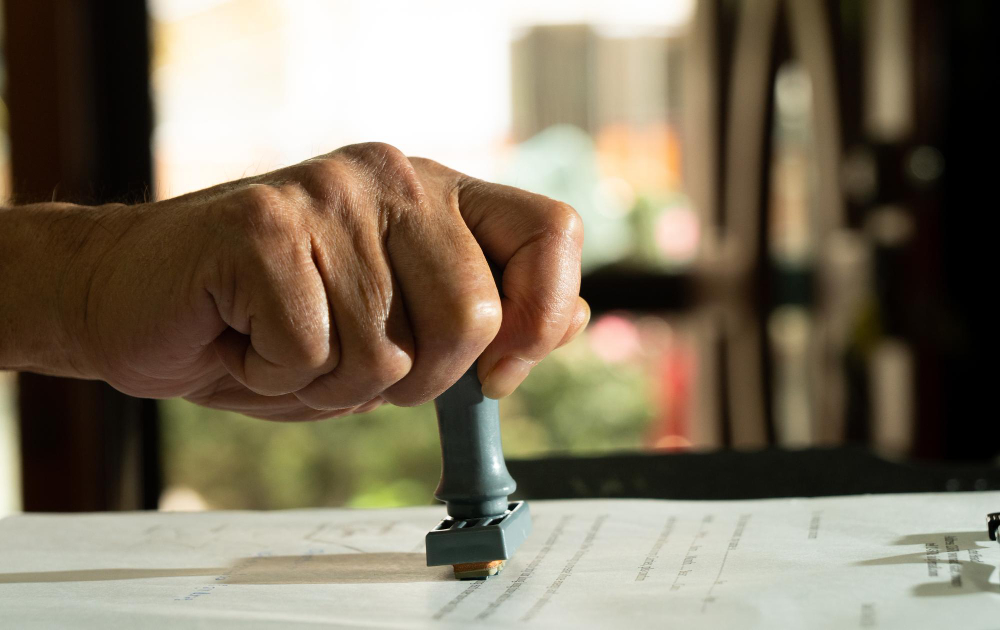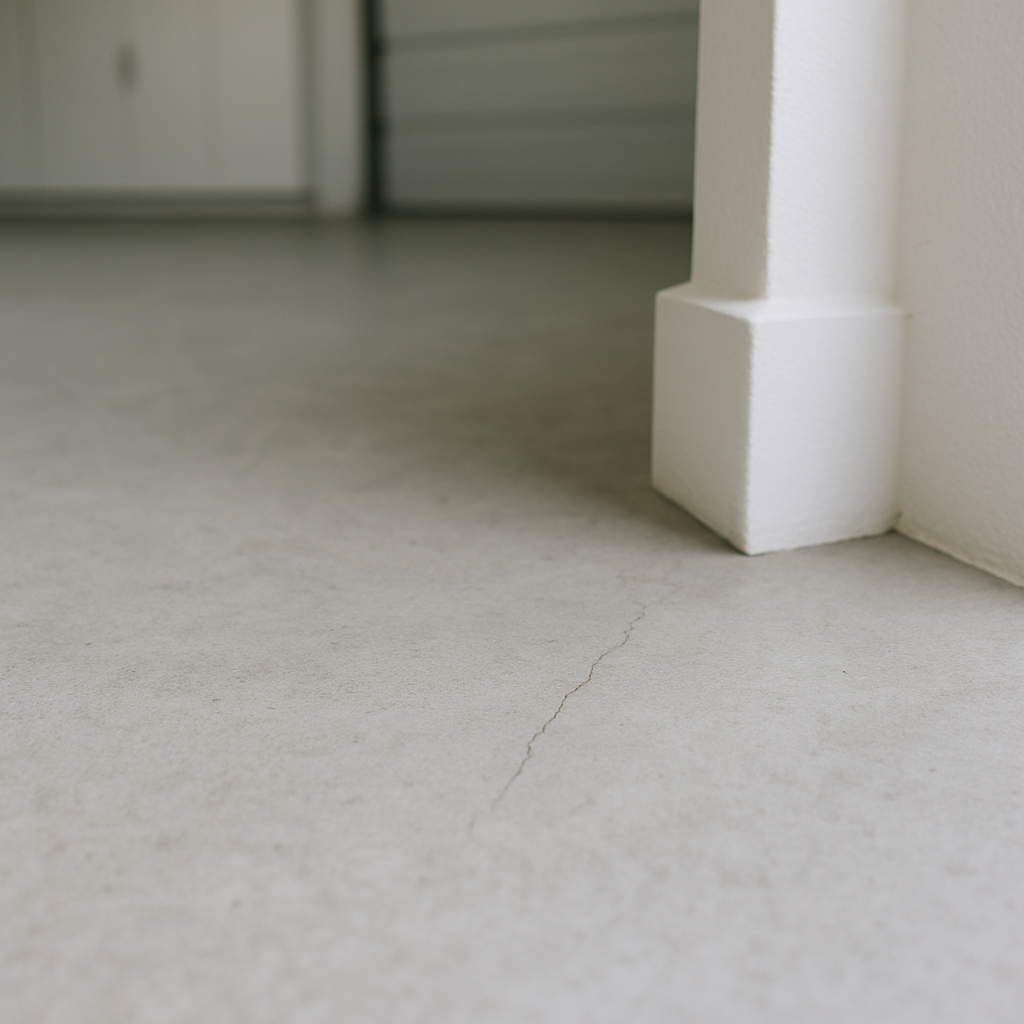Last updated on
Home renovations are an exciting endeavor that can transform your living space, enhance your comfort, and increase the value of your property. However, they can also be fraught with challenges and unexpected hiccups if not approached with care and planning.
To ensure your renovation project is a success, it’s essential to steer clear of common mistakes that can derail your plans and drain your budget. In this blog post, we’ll explore six common home renovation mistakes and provide valuable insights on how to avoid them, ensuring a smooth and satisfying renovation journey.
What's Inside
Skipping the Planning Stage: The Blueprint to Success

The first and perhaps most critical mistake is diving into a renovation project without a well-thought-out plan. Failing to plan is planning to fail, and this adage holds for home renovations.
Before swinging the first hammer, take the time to create a detailed plan that outlines your goals, budget, and timeline. Collaborate with a professional architect or designer to ensure that your vision is not only aesthetically pleasing but also structurally sound.
To ensure your renovation plans are realistic start by defining your renovation goals and budget. Research design ideas and gather inspiration.
Create a detailed timeline, accounting for potential delays, and always consult with experts who can guide your project. It’s also crucial to factor in potential setbacks, such as unexpected repairs or delays due to weather conditions.
Disposing of Waste Improperly: Environmental and Safety Hazards

Another common mistake in home renovations is improper waste disposal. Renovations generate a significant amount of waste that can be hazardous to both the environment and your health if not disposed of correctly.
Research local regulations for waste disposal, including recycling and hazardous waste. Consider renting a dumpster from a reputable dumpster rental service to safely and efficiently dispose of renovation debris.
As seen at https://chattanooga.bintheredumpthatusa.com/home, most companies will provide drop-off and pick-up services, ensuring that your waste is disposed of responsibly. It eliminates the need to make multiple trips to a landfill, saving you time and effort.
Ignoring the Importance of Permits: Navigating Red Tape

Many homeowners underestimate the necessity of obtaining the required permits for their renovations. Depending on the scope of your project and your local regulations, you may need various permits for electrical, plumbing, and structural changes. Ignoring this step can lead to costly consequences, including fines and the need to redo work that wasn’t up to code.
Make sure to research your local building codes and permit requirements early in the planning process. Consult with your contractor to ensure all necessary permits are acquired before starting any work.
It’s a step that can save you both time and money in the long run. In some cases, permits can take weeks or even months to obtain, so it’s crucial to factor this into your timeline.
Underestimating the Budget: The Real Cost of Renovations

One of the most common pitfalls in home renovation projects is underestimating the budget. Renovations can be more expensive than initially anticipated, and unexpected issues often arise, which can strain your financial resources. A strict budget and contingency fund are essential to tackle these unforeseen expenses.
To avoid budget blowouts, create a detailed budget that factors in all costs, including materials, labor, permits, and any other potential expenses. It’s recommended to set aside an additional 10-20% of your total budget as a contingency fund for any unexpected costs that may arise.
Overlooking the Importance of Quality Materials: Cutting Corners Is Costly
It can be tempting to save money by cutting corners and opting for cheaper materials. However, using subpar materials can lead to costly problems down the line, such as repairs and replacements. Investing in high-quality materials might seem pricier upfront, but it will pay off in terms of longevity and overall satisfaction with your renovation.
Always prioritize quality over cost when it comes to materials. Research and consult with experts to choose the best materials for your project that will withstand wear and tear over time.
It may cost more initially, but it will save you money and hassle in the long run. Eventually, you’ll appreciate the benefits of durable materials that require less maintenance and replacements.
Neglecting the Contractor Selection: The Heart of Your Renovation
The choice of a contractor is a make-or-break decision for your renovation project. Hiring an inexperienced or unqualified contractor can result in shoddy work, delays, and cost overruns. Thoroughly researching and vetting potential contractors is vital.
Seek recommendations from friends and family, read online reviews, and interview multiple contractors. Ensure that they are licensed, insured, and have a track record of successful projects. A solid contractor-client relationship is crucial for a smooth renovation. Choose a contractor you trust and communicate openly with throughout the project.
The Takeaway
Home renovations can be a transformative and rewarding experience when approached with care and forethought. By avoiding these common mistakes, you’ll pave the way for a successful project that enhances your living space, increases your home’s value, and leaves you with a sense of accomplishment.
Remember, a well-planned and executed renovation not only beautifies your home but also improves your overall quality of life. So, take your time, plan diligently, and enjoy the journey of creating your dream home.




